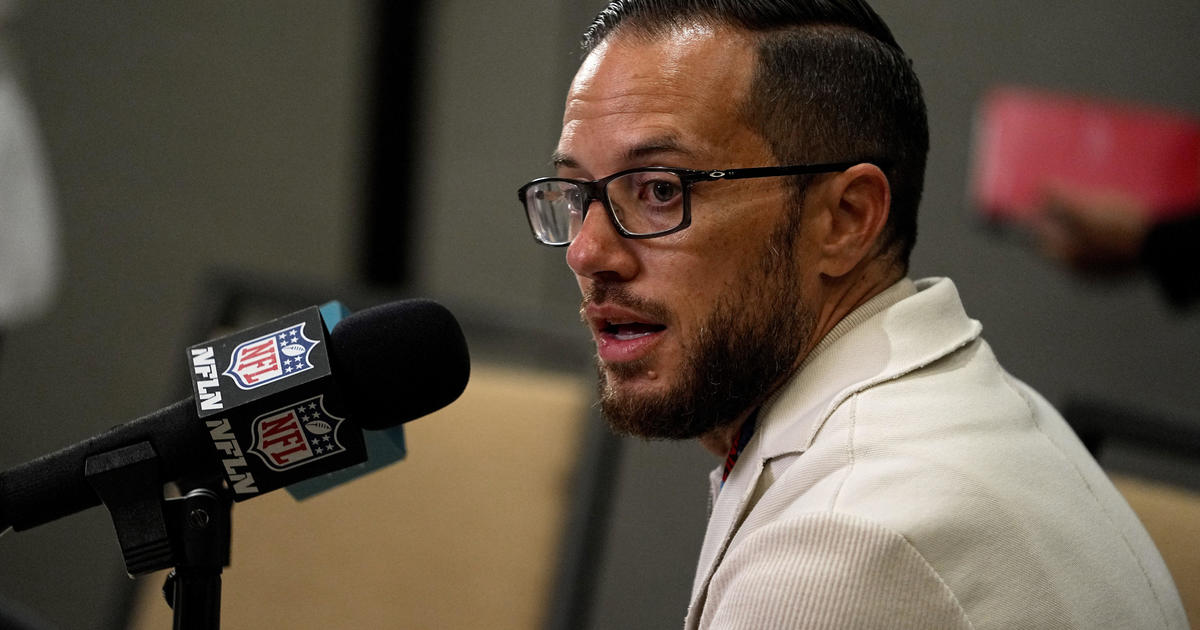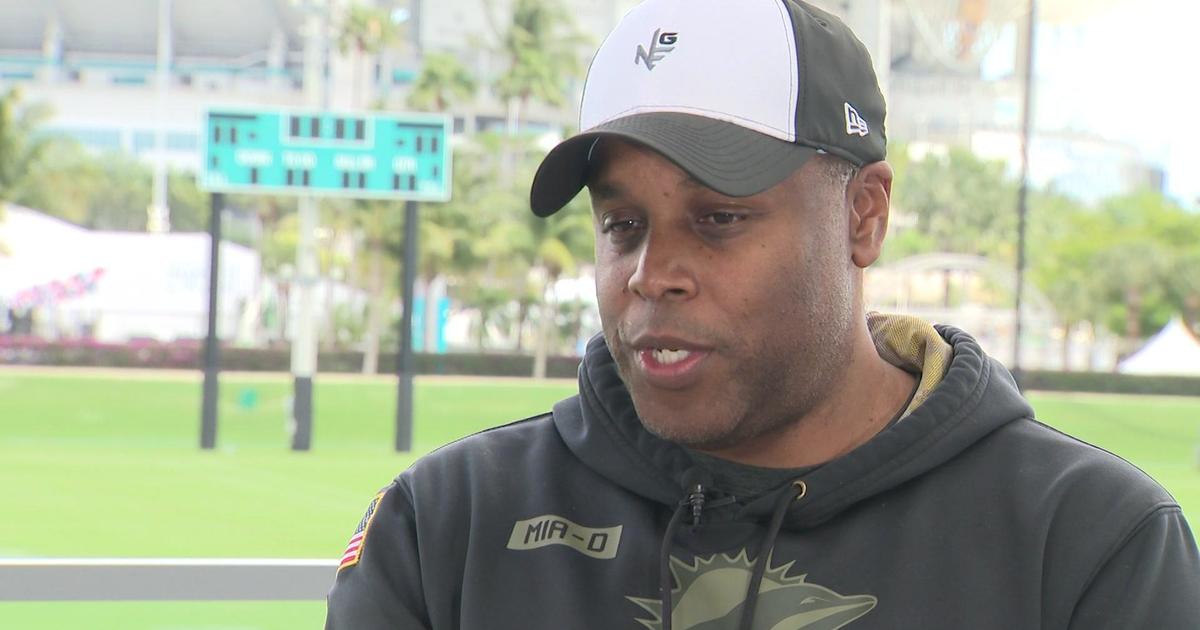Archaeologist Unearths Possible Evidence of Rising Sea Level
Follow CBSMIAMI.COM: Facebook | Twitter
MIAMI (CBSMiami) – It's a pre-historic treasure hunt in the heart of the big city – an archaeological dig at the site of an ancient Tequesta Indian village at the confluence of the Miami River and Biscayne Bay.
Over the past two years, archaeologist Robert Carr and his team have found 100,000 artifacts at the site of the future Met Square mixed-use condo project.
What Carr recently unearthed here is surprising, and experts say, significant.
"We've made some discoveries that we simply didn't anticipate," he told CBS4's Natalia Zea.
CLICK HERE To Watch Natalia Zea's Report
He found evidence of a brick building foundation, from the 1860s and root systems from coconut palms, from the 1800s that stood Just feet away from the historic Royal Palm Hotel.
Carr found these items somewhere unexpected, under water.
"This is evidence of this water table change, this sea level rise, because we're seeing things underwater, that we're having to use pumps to look at that had to have been dry when all of this occurred," said Carr.
He says this is physical proof that in the last century, the water level here has risen a full foot.
Atmospheric scientist Brian McNoldy says Carr's discovery will give researchers a bench mark to study the rising water levels.
"That's significant, to have concrete proof of that number is worth a lot because otherwise we don't have a gauge that's been in the same location for 100 years," said McNoldy.
NOAA predicts the sea level will rise three feet by the year 2100.
According to NOAA's projections, coastal Miami and Miami Beach will be submerged in water at high tide. Fort Lauderdale would also see an impact in many of its neighborhoods, and if the future generation plans to visit the Keys they may want to invest in a boat.
McNoldy says in the near future the rising sea levels will mean dealing with more intense flooding every year.
"Rather than having four events a year in Miami Beach where there's a significant flood, there might be eight or 12 or 20."
As a scientist, Carr is excited by his discovery, though his focus remains more on preserving and protecting what was rather than what will be.



